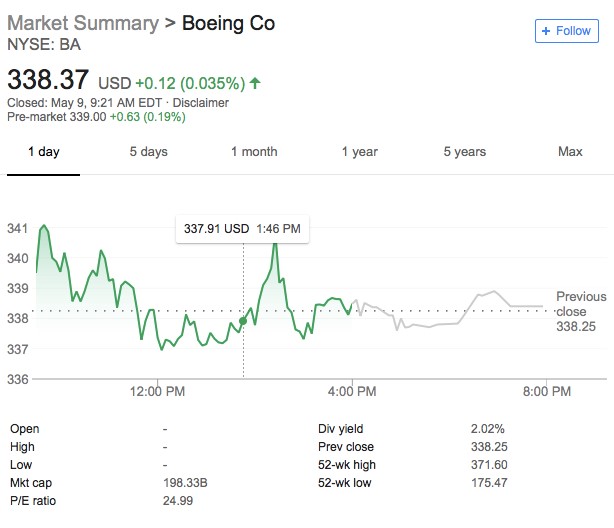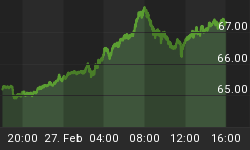The first victim of Trump’s decision yesterday to withdraw from the Iranian nuclear deal are giant aerospace companies Boeing and Airbus, whose license to sell passenger jets to Tehran will now be revoked in what were some of the “most-sought-after” contracts for Iran, according to the Washington Post.
Following Trump’s announcement on Tuesday, Treasury Secretary Steven Mnuchin said the aerospace giants would not be allowed to fulfill the IranAir order for 200 passenger aircraft, which includes 100 Airbus SEs and 80 Boeing aircraft, Reuters reported.
“Under the original deal, there were waivers for commercial aircraft, parts and services and the existing licenses will be revoked,” Mnuchin told reporters Tuesday.
The license revoke will also affect Franco-Italian turboprop maker ATR, which represented 20 of the aircraft in the Iran deal. While not a U.S. company, both European Airbus and ATR require a U.S. license because they use American parts in their commercial aircraft.
The licenses will be revoked within 90 days and would include the export of commercial passenger aircraft, parts and services to Iran.
Boeing’s deal with IranAir was worth $17 billion, while the Airbus deal was worth $19 billion. Both were inked in December 2016. Airbus also had a second deal with Iranian Aseman Airlines for $3 billion.
Boeing has downplayed the move, saying that it’s production isn’t dependent on Iran, and no deliveries were scheduled to Iran this year. Nonetheless, Boeing’s shares were trading down slightly yesterday following the announcement, but bounced back after hours.

(Click to enlarge)
But by some metrics, Boeing and Airbus will lose significantly on this deal, with the Independent noting that together they will be out nearly $40 billion because of sanctions. Still, Boeing’s share prices are holding because the Iran loss was likely already factored in. In April, Boeing CEO Dennis Muilenburg told investors that the company had already pushed back delivery plans to Iran, and there were signs that the jet giant had prepared for the Trump eventuality in advance. Related: The Secret To Building Wealth
Next up to be under scrutiny will be European oil giants, most notably French Total SA and Royal Dutch Shell. Total has a $1-billion deal to develop and Iranian offshore natural gas field. And in 2016, Shell signed a contract to sell licenses for its petrochemical technology to Iranian partners.
Other French companies, such as carmakers PSA and Renault, will also be closely watching developments as French business ties with Iran have heightened significantly since 2016, and no one’s sure what the U.S. withdrawal will mean at the end of the day.
The latest announcement from the U.S. Treasury Department comes after the Trump administration said new sanctions would be initiated against Iran, without providing any details as to the nature of those sanctions.
They also left the window open for companies to seek waivers from sanctions or new licenses over the next three months to enable them to continue to deal with Iran—but again, no details were offered.
By Charles Benavidez for Safehaven.com
More Top Reads From Safehaven.com:
















